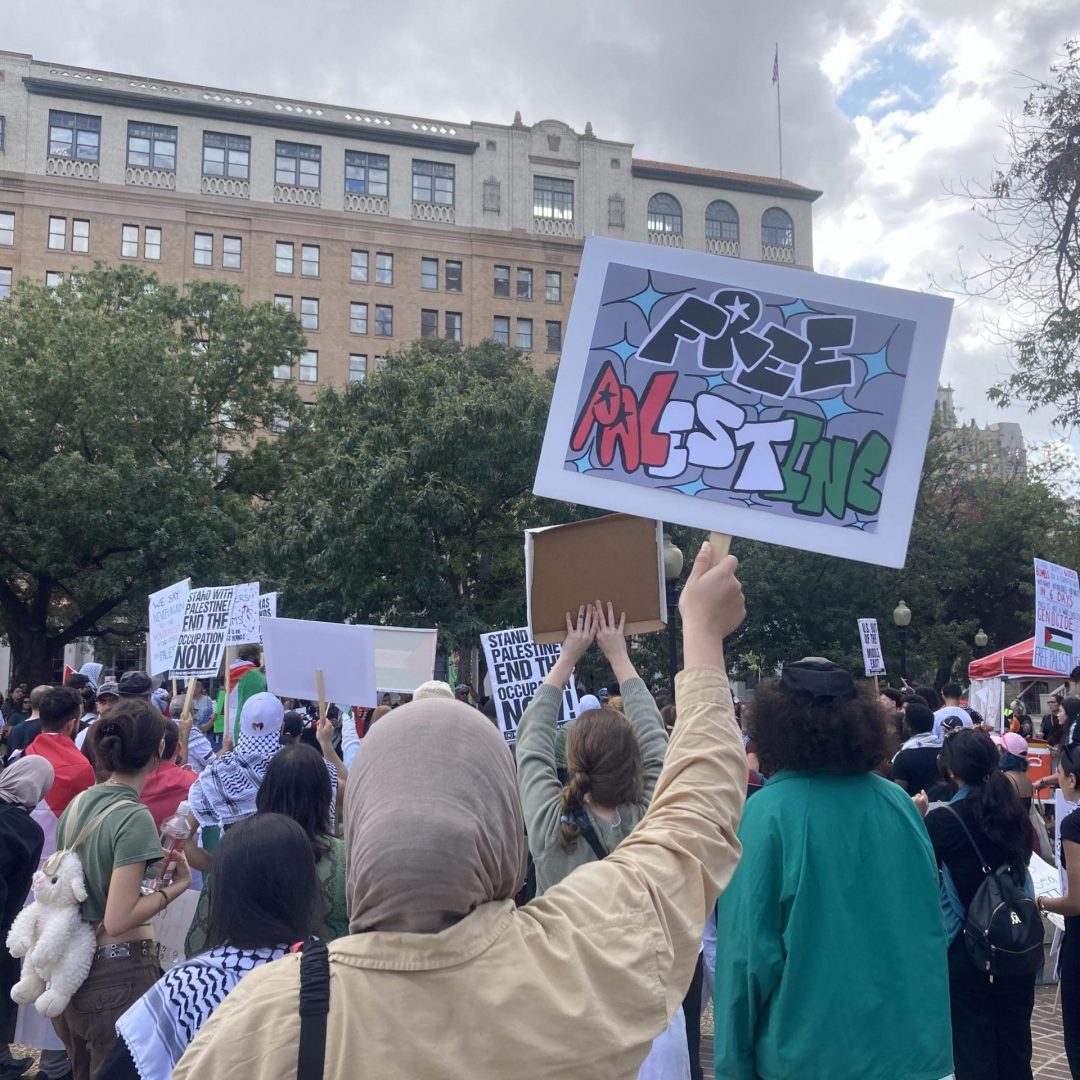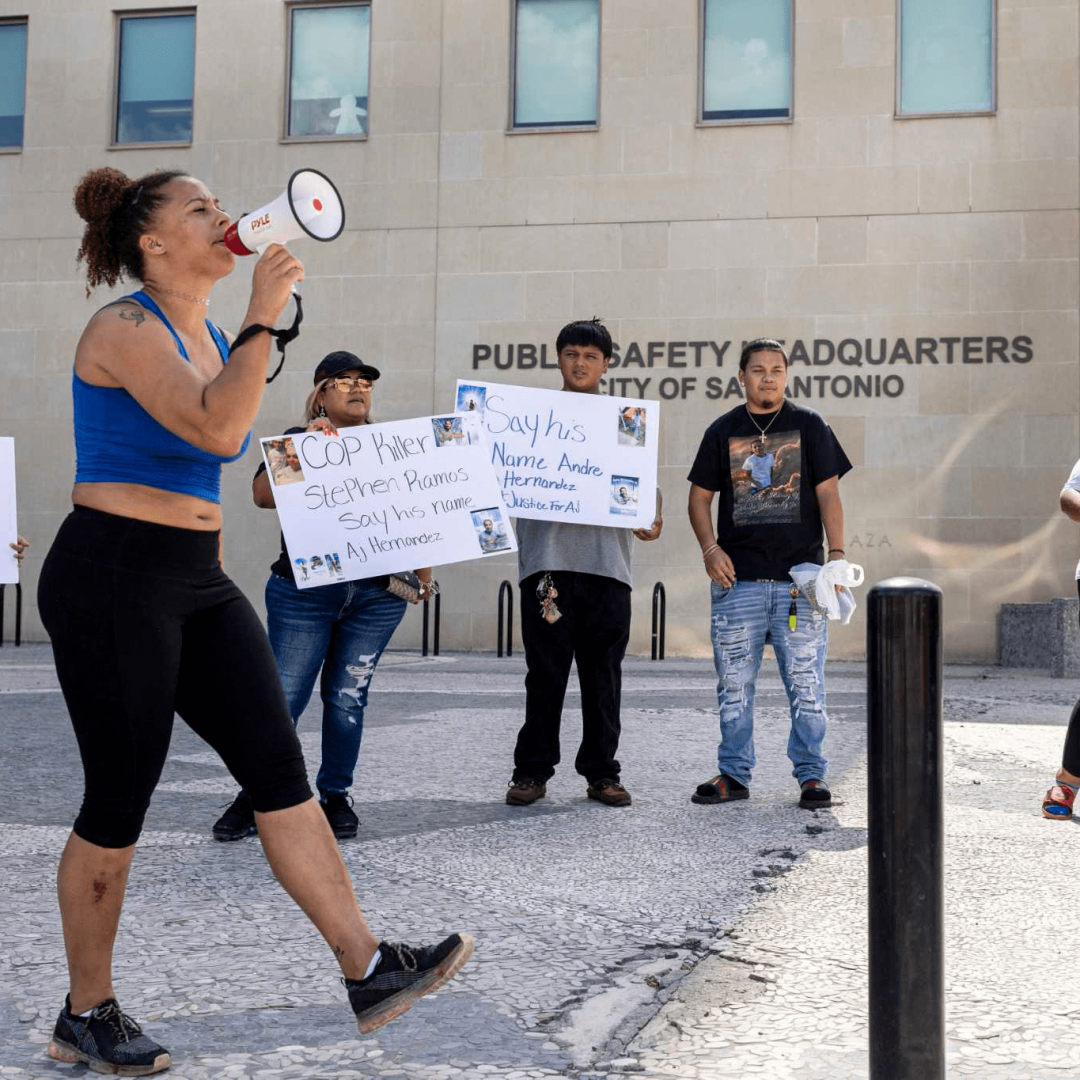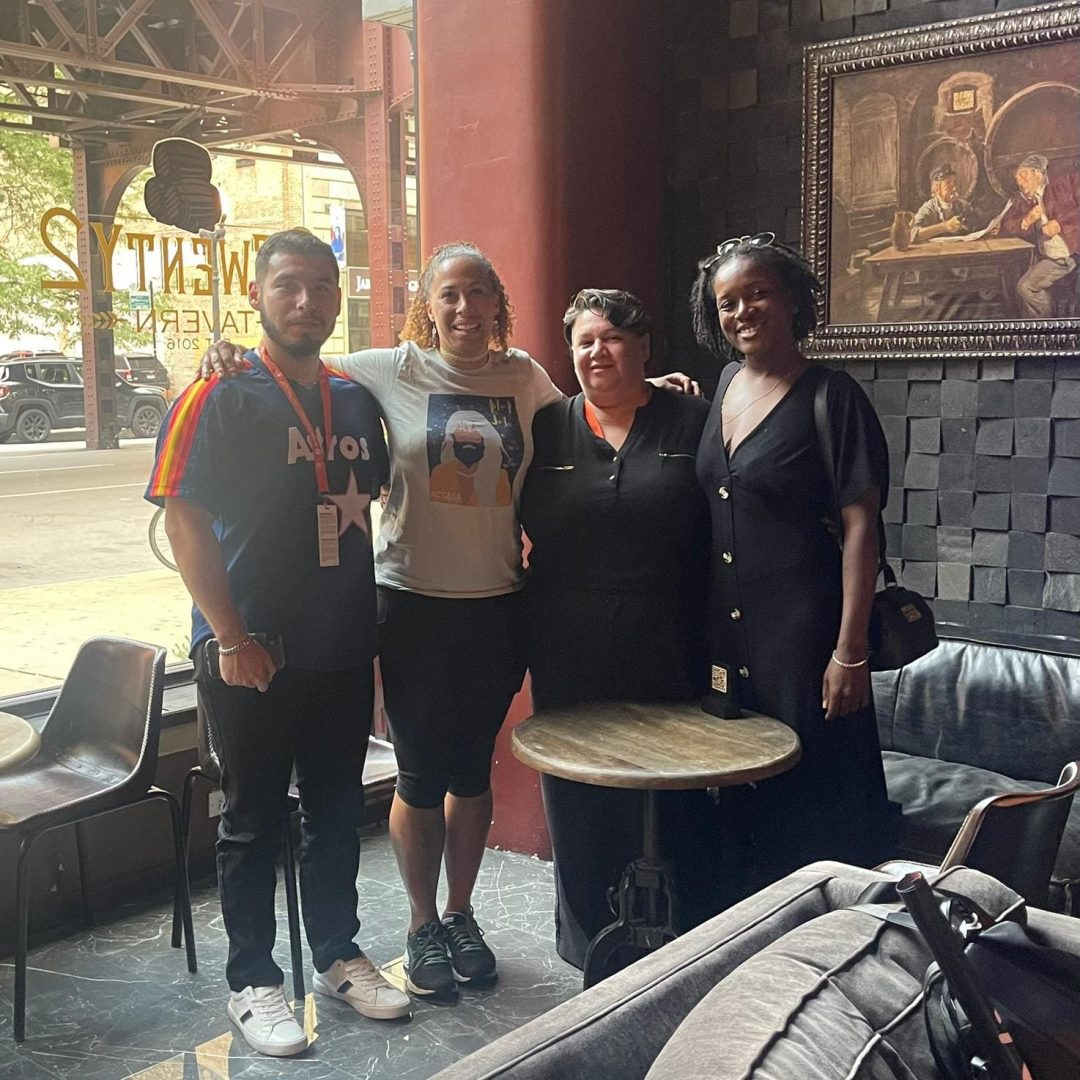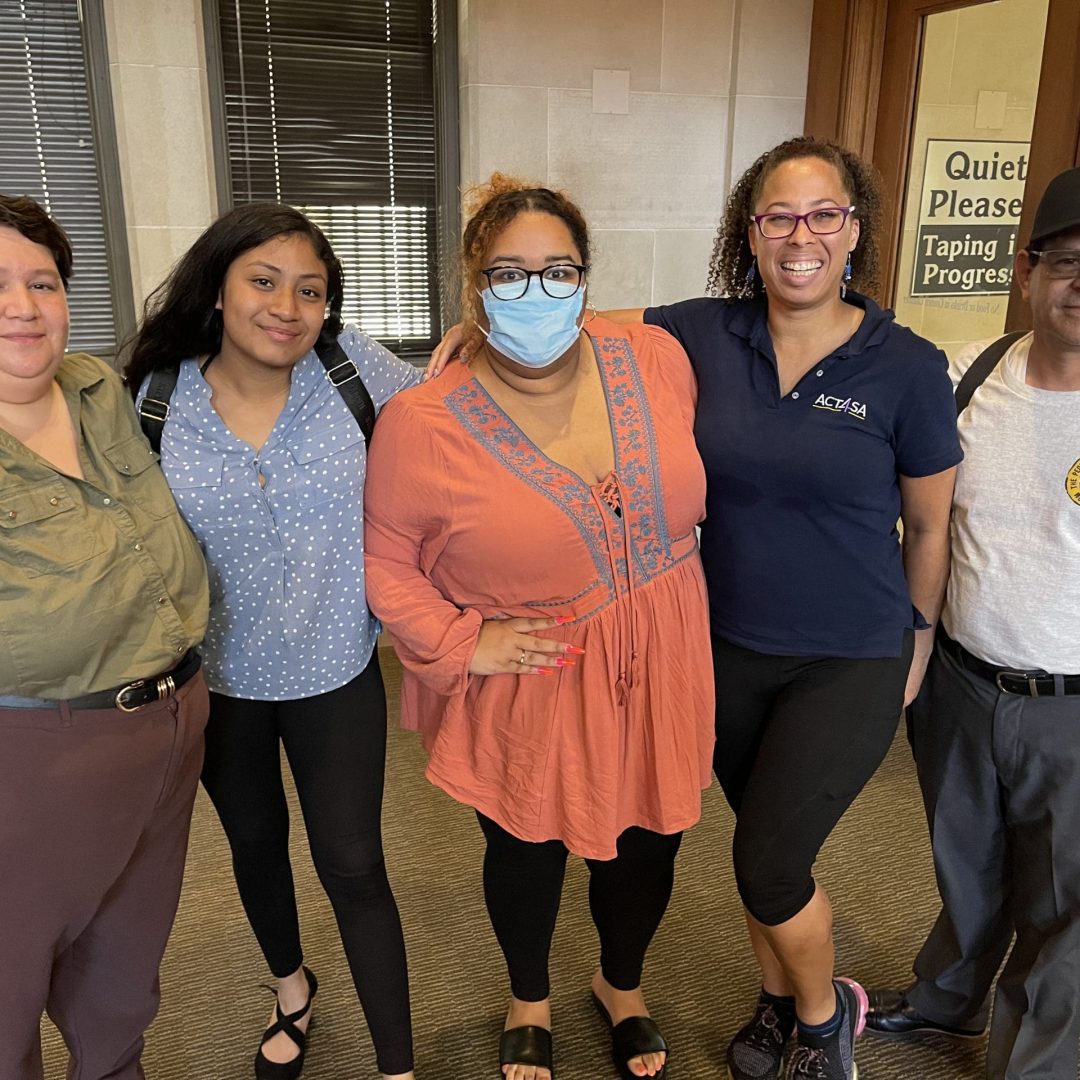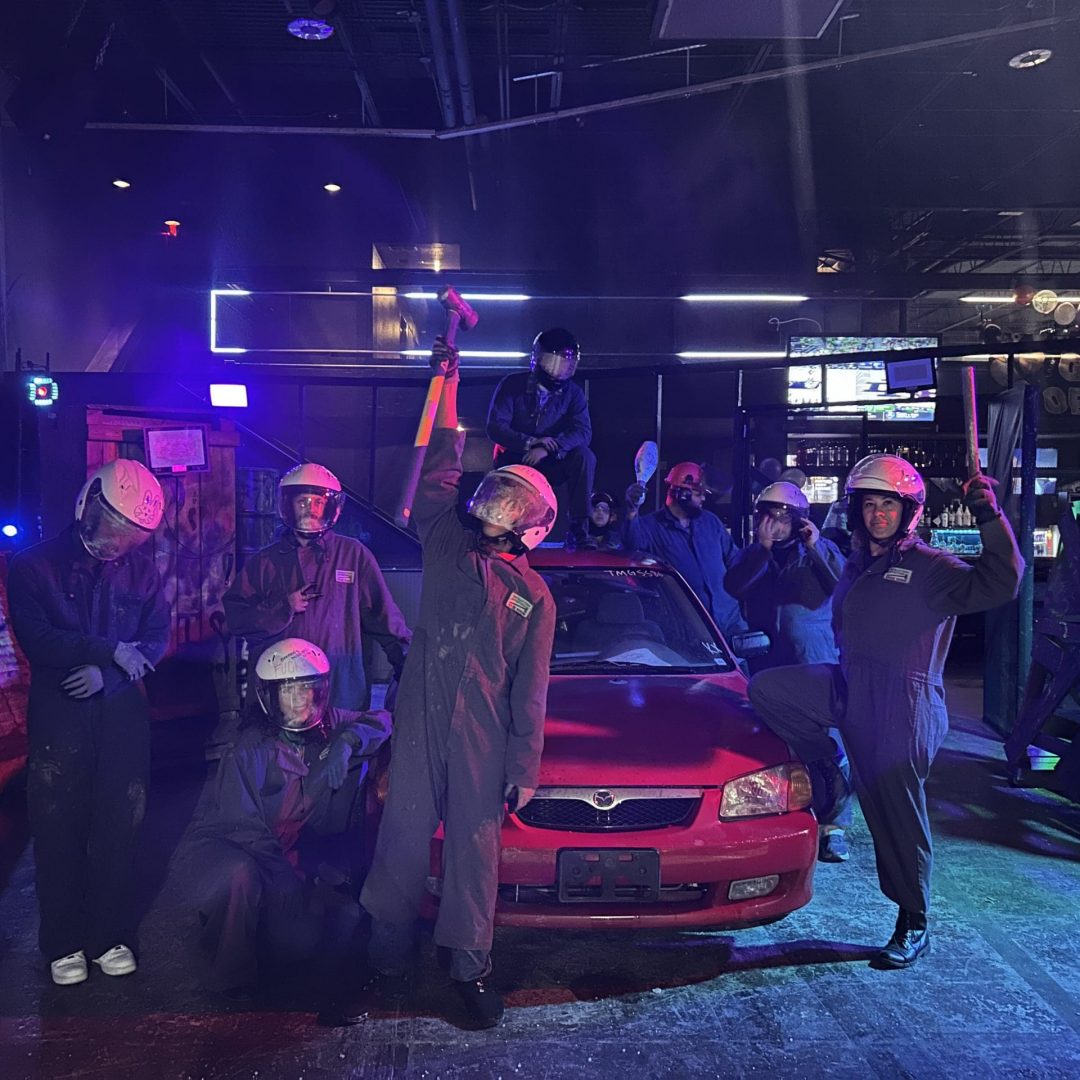Rick James said, “What will be the deal in the end if to live we’ve got to steal. But the money’s walkin’, money’s walkin’.”
Am I the only person noticing how expensive living is? Last year, San Antonio’s City Council and Mayor approved a record-breaking $3.4 billion budget. Out of public safety’s $908.4 million, 62.3% ($566,776,527) is designated to the San Antonio Police department, leaving the remaining $341,623,473 for the fire department.
Though Public Safety received an additional $28 million, it is less than the previous year’s budget growth. Of course, this increase is accompanied by 78 new officer positions and a new St. Mary’s police station estimated for completion next year. However, as a long-term San Antonio resident, I can’t help but wonder what, if anything, has changed for the better. Following the scrutiny of the police during the 2020 uprisings, San Antonio seems even more divided between those who feel safer with the police and those who don’t.
We should acknowledge, for many in our communities, the police constitute a threat. Right here in our city, we have seen officers doing horrendous things without consequence. Nearly 70% of officers fired by the department are rehired, and many are not held accountable.
Such as officer Matthew Luckhurst who fed a feces sandwich to a person experiencing houselessness. Matthew was saved by a local government code that prevents officers from being disciplined for conduct occurring over 180 days. After smearing a “brown tapioca-like substance” (feces-like) on a toilet seat in the women’s restroom, the police department fired Matthew, only to be hired by the Floresville police department.
The most unfortunate thing about this is that these incidents are highlighted only due to their bizarre nature. How much is quietly being swept under the rug? Not to mention Matthew wasn’t charged for either incident. How can we trust the police to help us at our most vulnerable moments when they can do what they want with near-zero accountability?
The problem of ‘wandering officers’ like Luckhurst has hit the Bexar County community especially hard.
From Leon Valley Police Department hiring multiple fired SAPD officers to Elmendorf police hiring a fired officer who kicked a handcuffed pregnant woman, abusive officers keep working in our community, making our streets less safe.
That is why ACT 4 SA has launched copthedata.com– a public dashboard that tracks SAPD suspensions and firings for the past decade. You can search by officer name or incident type, find a summary of these officers’ misconduct, and even stay updated on where they are within the disciplinary process (if they were fired, or their suspension was reduced, etc.). We hope this will be a resource for smaller local departments to use to stop hiring fired officers, but also can serve as a tool for the community to know who is patrolling our streets for our safety. We hope it will inform future disciplinary policy for officers here in San Antonio and across Texas. We intend to update this with information from police departments across the state in the coming months and years.
Perhaps a more familiar name is Erik Cantu.
The teenager was shot multiple times by former SAPD officer James Brennand. Erik and his passenger were eating in his car at McDolands when our boy in blue, James, opened the car without identifying himself and attempted to forcibly remove this kid from his car. In a panic, Erik put the car in reverse, and James fired into the car multiple times and continued to shoot as the car drove away.
That night Erik was put on life support with a bullet barely missing his heart. Three days later, James was fired. What is most concerning is James had only been in SAPD for 7 months. He was so new that he hadn’t even finished his probation. All that training constantly expressed to us should have been fresh in his head. Not to mention the inclusion of mental illness and how nationally, 25% of police killings are those enduring mental health crises. I ask again, how can we trust anything that devalues our agency, truth, or value when we are in our most vulnerable, exposed mental state? It’s not just a clinical diagnosis, but what about when we are grieving or panicking?
It should go without saying that when trying to help people in crisis, help should happen without increasing harm to the people they treat.
As we saw recently with the attempted suicide at the overpass at 410 and 90 last month, the officers did not reduce harm. Instead, they criticized a man in crisis.
These officers turned a man’s suicidal ideations into a roasting session. They attacked his character as a man and father and compared him to a “New York rat.” How long will these brutal words haunt this man, and how much harder will the road to better mental health be? Why wasn’t he treated with respect? Over 1 in 5 people killed by the police have mental health issues.
SAPD Officers can take the Crisis Intervention Team Training to qualify for the specialized Crisis Intervention Team, a one-time 40-hour certification. Let me repeat that- a one-time training that is an elective for our officers even though we know they interact with those with mental health issues on a day-to-day basis. Meanwhile, SATX’s District 10 City Council representative, Clayton Perry, fights to privatize prisons while getting curbside assistance on his DWI hit and run.
Our tax dollars should go towards on-the-ground community efforts with a clear understanding of the community’s needs and the day-to-day obstacles they endure, not towards trigger-happy cops who consider mental health an elective in their education. All officers should receive extensive training on accessing and interacting with people with mental health issues because mental health can come into play at any time during an interaction with the community. But our tax dollars should go towards on-the-ground community efforts with a clear understanding of the community’s needs and the day-to-day obstacles they endure, not towards trigger-happy cops who consider mental health an elective in their education.
All officers should receive extensive training on accessing and interacting with people with mental health issues because mental health can come into play at any time during an interaction with the community. But beyond that, mental health professionals should not only be a part of any crisis management team but LEADING those teams. Many community organizations have fought for non-police alternative responder teams with FULLY trained mental health professionals and paramedics. NOT armed officers who treat mental health as a crime or threat.
The Denver STAR program and CAHOOTS program in Oregon have proven how effective non-police response teams can be.
In helping those in need- saving people from arrest, deportation, injury, and death- and reducing crime and saving millions of public safety dollars. In its first 6 months, there was a 34% drop in low-level crimes reported in precincts the Denver STAR program operated in compared to ones where the program was not present. The CAHOOTs program in Eugene, Oregon, has saved the city about $8.5 million in public safety costs yearly. The same can happen here in San Antonio. ACT 4 SA continues to fight mental health crisis responses that do not involve the police and the creation of alternative institutions.
Yanawana Herbolarios host the People’s Clinic to offer mental health services on a sliding fee scale. They offer a variety of different types of therapy and mental health check-ins. In true community fashion, they accept alternative forms of payment, such as fresh tortillas and homegrown herbs. With organizations like Yanawana Herbolarios, we can begin to take the steps to better mental health crisis response together- one that removes police and centers healing and safety. If you want to join us in this fight and journey, please contact us at @act4satx on all socials and reach out to the Yanawana Herbolarios at @yanawana on Instagram.




